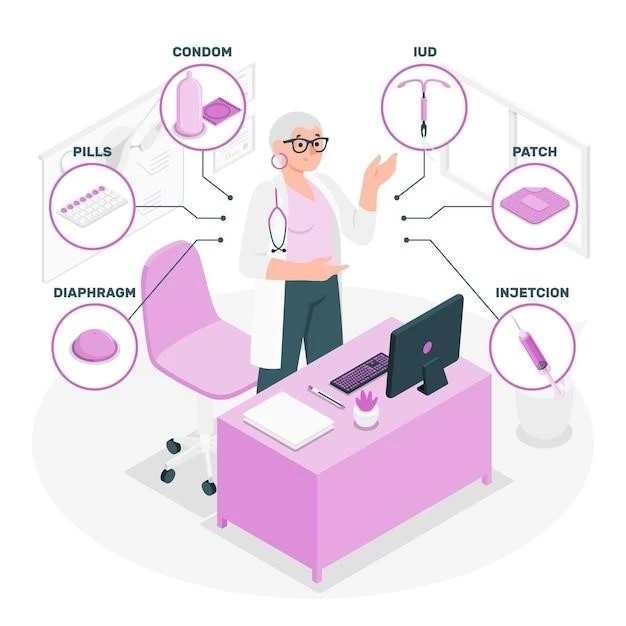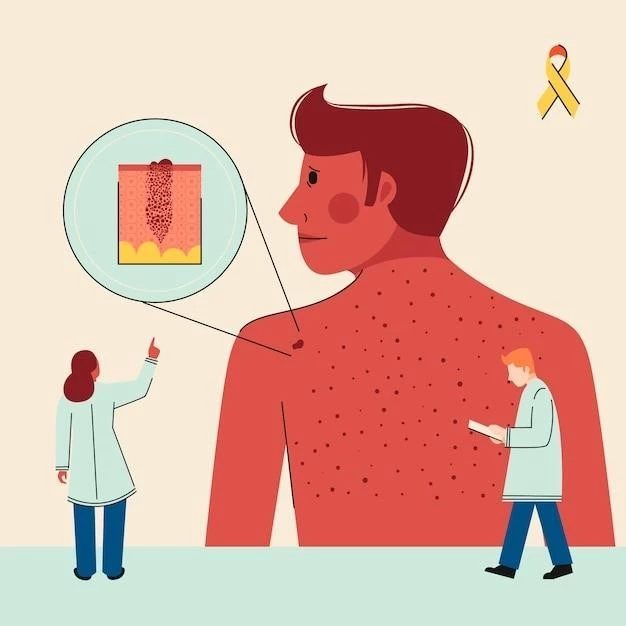Causes of Burkitts Lymphoma
Understanding the causes, such as viral infections, genetic factors, and immune system deficiencies.
Viral Infection
It is advised to be aware of the potential link between Epstein-Barr virus and Burkitt’s lymphoma. Avoiding exposure to known risk factors like prolonged viral infections can help reduce the chances of developing this type of cancer. Consult with healthcare professionals for guidance on preventive measures.
Genetic Factors
Understanding genetic predispositions is crucial in addressing Burkitt’s lymphoma risk. Consult with a genetic counselor to assess family history and potential inherited factors. Genetic testing may provide valuable insights for personalized prevention strategies. Stay informed and proactive in managing genetic risks associated with this lymphoma subtype.
Immune System Deficiencies
Being mindful of immune system weaknesses is essential in lowering Burkitt’s lymphoma risk. Strengthen your immune system through a balanced diet, regular exercise, and sufficient rest. Avoid exposure to harmful substances that can compromise immunity. Consult healthcare providers to address any immune system deficiencies and maintain a healthy lifestyle.
Symptoms and Diagnosis of Burkitts Lymphoma
Recognizing symptoms early and seeking prompt medical evaluation can aid in timely diagnosis.
Common Symptoms
It is essential to be aware of common symptoms like unexplained weight loss, fever, night sweats, and swollen lymph nodes. Promptly report any persistent symptoms to your healthcare provider for a thorough evaluation. Early detection plays a key role in effective management and treatment.
Diagnostic Tests
Diagnostic tests for Burkitt’s lymphoma may include imaging studies, blood tests, biopsies, and bone marrow examinations. It is crucial to undergo these tests as recommended by your healthcare team to confirm the diagnosis accurately. Adhering to the diagnostic process can guide treatment decisions and improve outcomes.
Staging of the Disease
Understanding the disease stage is crucial in determining the extent of Burkitt’s lymphoma. Staging helps healthcare providers develop an appropriate treatment plan tailored to your specific condition. Follow through with staging procedures recommended by your medical team to ensure accurate assessment and effective management of the disease.
Treatment Options for Burkitts Lymphoma
Exploring various treatment options can help manage Burkitt’s lymphoma effectively.
Chemotherapy
Chemotherapy is a common treatment for Burkitt’s lymphoma. It involves powerful medications to target and kill cancer cells. Adhering to your chemotherapy schedule and discussing potential side effects with your medical team are crucial for a successful treatment outcome. Stay informed and engaged throughout the chemotherapy process for optimal results.
Immunotherapy
Immunotherapy uses the body’s immune system to combat Burkitt’s lymphoma. Discuss with your healthcare team the potential benefits and risks of immunotherapy as a treatment option. Monitoring your response to immunotherapy and maintaining open communication with your medical providers are essential for optimizing the effectiveness of this innovative therapy.
Radiation Therapy
Radiation therapy may be recommended for Burkitt’s lymphoma to target cancer cells. It is crucial to adhere to the radiation schedule and follow precise treatment protocols. Discuss potential side effects and any concerns with your healthcare team. Stay committed to the recommended radiation therapy plan for the most effective results in managing the disease.
Prognosis and Survival Rates of Burkitts Lymphoma
Understanding prognosis and survival rates can guide decisions and provide insight into the disease.
Factors Affecting Prognosis
Several factors impact Burkitt’s lymphoma prognosis, including the stage of the disease, patient’s overall health, and response to treatment. It is crucial to communicate openly with your healthcare team, adhere to recommended therapies, and adopt a positive outlook. By addressing these factors, you can enhance your prognosis and overall well-being.
Survival Rates
Survival rates for Burkitt’s lymphoma vary based on factors like stage, treatment response, and individual health. Collaborate closely with your healthcare team to understand your prognosis and explore tailored treatment approaches. Engage in proactive self-care measures and stay informed to optimize your chances of achieving favorable survival outcomes in your battle against Burkitt’s lymphoma.

Risk Factors for Developing Burkitts Lymphoma
Identifying risk factors can help assess the likelihood of developing Burkitt’s lymphoma.
Age
Age is a significant risk factor for Burkitt’s lymphoma, with the disease being more prevalent in children and young adults. Regular screenings and early detection can be crucial, especially for individuals in high-risk age groups. Consult with healthcare providers for appropriate preventive measures and screenings based on age-related risk factors.
Gender
Gender may influence the risk of Burkitt’s lymphoma, with some variations in incidence between males and females. It is essential for both genders to prioritize regular health check-ups and seek medical attention for any concerning symptoms. Stay informed about gender-specific risk factors and engage in proactive healthcare practices to support well-being and minimize risk.
Geographic Location
Geographic location can impact Burkitt’s lymphoma risk, with higher incidence rates reported in certain regions. Stay informed about environmental factors and potential carcinogens prevalent in your area. Consult with healthcare professionals to understand geographic-specific risks and take proactive steps to minimize exposure to known risk factors associated with Burkitt’s lymphoma.
Advances in Research on Burkitts Lymphoma
Stay informed about the latest research developments to explore promising treatment options.
Targeted Therapies
Explore targeted therapies that aim to specifically combat Burkitt’s lymphoma cells. Keep abreast of advancements in targeted treatments through discussions with your healthcare team. Understanding the efficacy and potential side effects of these therapies is key to making informed treatment decisions. Stay engaged in your treatment plan and inquire about targeted therapy options for personalized care.
Immunotherapies
Immunotherapies offer innovative ways to target Burkitt’s lymphoma by leveraging the body’s immune system. Stay informed about different immunotherapy options and potential benefits for your specific condition. Consult with healthcare providers to explore personalized immunotherapy treatments tailored to your needs. Engage in ongoing discussions about the effectiveness and potential side effects of immunotherapies for managing Burkitt’s lymphoma.
Genetic Studies
Genetic studies play a vital role in understanding Burkitt’s lymphoma. Stay informed about ongoing genetic research to uncover potential risk factors and targeted treatment approaches. Discuss genetic testing options with healthcare professionals to assess inherited predispositions and guide personalized treatment decisions. Stay engaged in genetic studies to enhance the management and prognosis of Burkitt’s lymphoma.
Supportive Care for Patients with Burkitts Lymphoma
Seeking supportive care can enhance well-being and treatment outcomes during the cancer journey.
Palliative Care
Palliative care focuses on improving quality of life for Burkitt’s lymphoma patients. Utilize this specialized support to address symptoms, manage pain, and enhance comfort throughout treatment. Collaborate with palliative care professionals to customize a holistic care plan that caters to your physical, emotional, and spiritual needs. Embrace palliative care as a valuable resource in your cancer care journey.
Psychological Support
Psychological support is essential for coping with the emotional impact of Burkitt’s lymphoma. Seek counseling or therapy to address anxiety, stress, and mental well-being during treatment. Engage in support groups or mindfulness practices to navigate the challenges effectively. Prioritize your mental health and communicate openly with loved ones and healthcare providers for comprehensive psychological support.
Nutritional Support
Obtaining proper nutrition is crucial for supporting overall health during Burkitt’s lymphoma treatment. Consult with a dietitian to develop a well-balanced meal plan tailored to your specific nutritional needs. Stay hydrated, focus on nutrient-dense foods, and follow dietary recommendations to optimize energy levels and recovery. Prioritize adequate nutrition as a vital component of your care regimen.
Lifestyle Modifications for Individuals with Burkitts Lymphoma
Implementing lifestyle changes can support overall well-being and complement Burkitt’s lymphoma treatment.
Exercise and Physical Activity
Incorporating regular exercise and physical activity into your routine can help boost energy levels, manage stress, and improve overall wellness while receiving treatment for Burkitt’s lymphoma. Consult with your healthcare team to determine suitable exercise options based on your current health status. Stay active to enhance your physical and emotional resilience throughout your cancer journey.
Healthy Diet Choices
Opt for nutritious foods rich in vitamins, minerals, and antioxidants to support your immune system and overall health while managing Burkitt’s lymphoma. Consult with a dietitian to create a balanced meal plan that meets your dietary requirements. Incorporate a variety of fruits, vegetables, lean proteins, and whole grains for optimal nourishment. Make informed and healthy food choices to enhance your well-being during treatment.
Stress Management Techniques
Implement stress-reducing practices such as meditation, deep breathing, or yoga to cope with the emotional challenges of Burkitt’s lymphoma. Engage in activities that promote relaxation and mindfulness to alleviate stress and anxiety. Prioritize self-care, seek support from loved ones, and consider counseling to develop healthy stress management strategies that complement your treatment journey.
